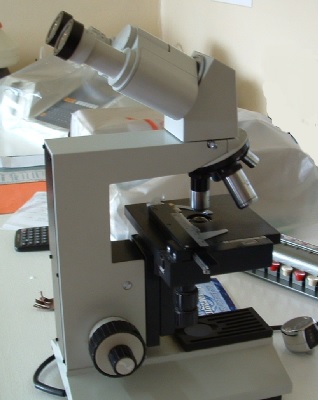These augmented reality wearable technology devices will be the next ones hit by ads and promotions.
Hipcricket, an expert in mobile marketing engagements, has recently revealed that its AD LIFE platform will now be supporting text messaging and website rendering for wearable technology devices, such as Google Glass and other types of augmented reality glasses.
The AD LIFE platform from the company is already being used by many different brands.
The platform is being used by international and domestic agencies and brands for the purpose of powering their mobile marketing campaigns. The goal is to enhance the interaction between companies and consumers through the devices that these shoppers are using the most. Though this had previously been smartphones, it has expanded over the last while to include tablets, and now wearable technology, as well. The platform offers advertising and analytics, all in one place.
Mobile marketing for wearable technology is becoming increasingly important as these devices take off.
According to Canalys, this year will be the year in which wearable technology will suddenly explode among consumers, with an estimated 8 million shipments of smartwatches headed in our direction. It was also estimated by that firm that this number will skyrocket next year to 23 million units, and that by 2017, that will have reached 45 million units.
Hipcricket has explained that wearable tech will be including everything from the iWatch, which is rumored to launch at some point this year, as well as the already existent Google Glass, and a range of different fitness and medical devices. This notable shift in consumer behaviors is expected to reflect the same one that occurred when there was a movement away from desktops toward smartphones and tablets. Now consumers are thinking even smaller and more convenient than those already small screens.
The Hipcricket chief operating officer, Doug Stovall explained that “We believe mobile will evolve to become seamlessly integrated with our everyday actions in the form of wearable technology.” For that reason, the company is ensuring that its platform keeps in line with the consumer preferred devices and will gear its mobile marketing capabilities in those directions.
Google Glass helped to enhance the way that a surgeon can perform various procedures.
Two surgeons from the Indiana University Health Methodist Hospital have started using wearable technology in the form of Google’s augmented reality glasses to be able to boost their ability to make appropriate surgical decisions.
These doctors use the wearable tech’s voice control to access the information that they require, when they need it.
The two physicians, Dr. Szotek and Dr. Browne, became the first in the hospital to start using the augmented reality glasses during abdominal surgeries. They now each wear Glass during this procedure, which typically lasts around four hours. With them, they can access medical information – including records specific to the patient – as they remove tumors.
The augmented reality glasses can provide X-ray and MRI data on its floating display.
This information can all be shown by the wearable technology without getting in the way of the surgeon’s line of sight for the actual surgery itself. As it is commanded by the surgeon’s voice, there is no need to take hands away from where they are most needed and without upsetting the operating room’s sterile environment.
That said, this is only believed to be the start of the uses for Google Glass for these surgeons. They believe that these mobile devices will be more broadly helpful in the medical field as a whole. While other surgeons have used the gadgets’ point of view video streaming in order to educate themselves and have provided students with a live insight into every different phase of a surgery, Dr. Szotek sees this tech going further. He hopes to be able to use biological tracers so that his AR glasses will be able to actually differentiate between healthy tissue and the tumor, itself.
He stated that being able to automatically differentiate between these two tissues “could revolutionize the field of cancer surgery”. This would help to make certain that the tissue could be more completely removed while leaving the maximum amount of healthy tissue behind.
It could also be beneficial for emergency first responders to wear augmented reality glasses so that they would be better capable of handling unusual types of accident or medical condition, and to be able to provide them with accurate remote instructions.



